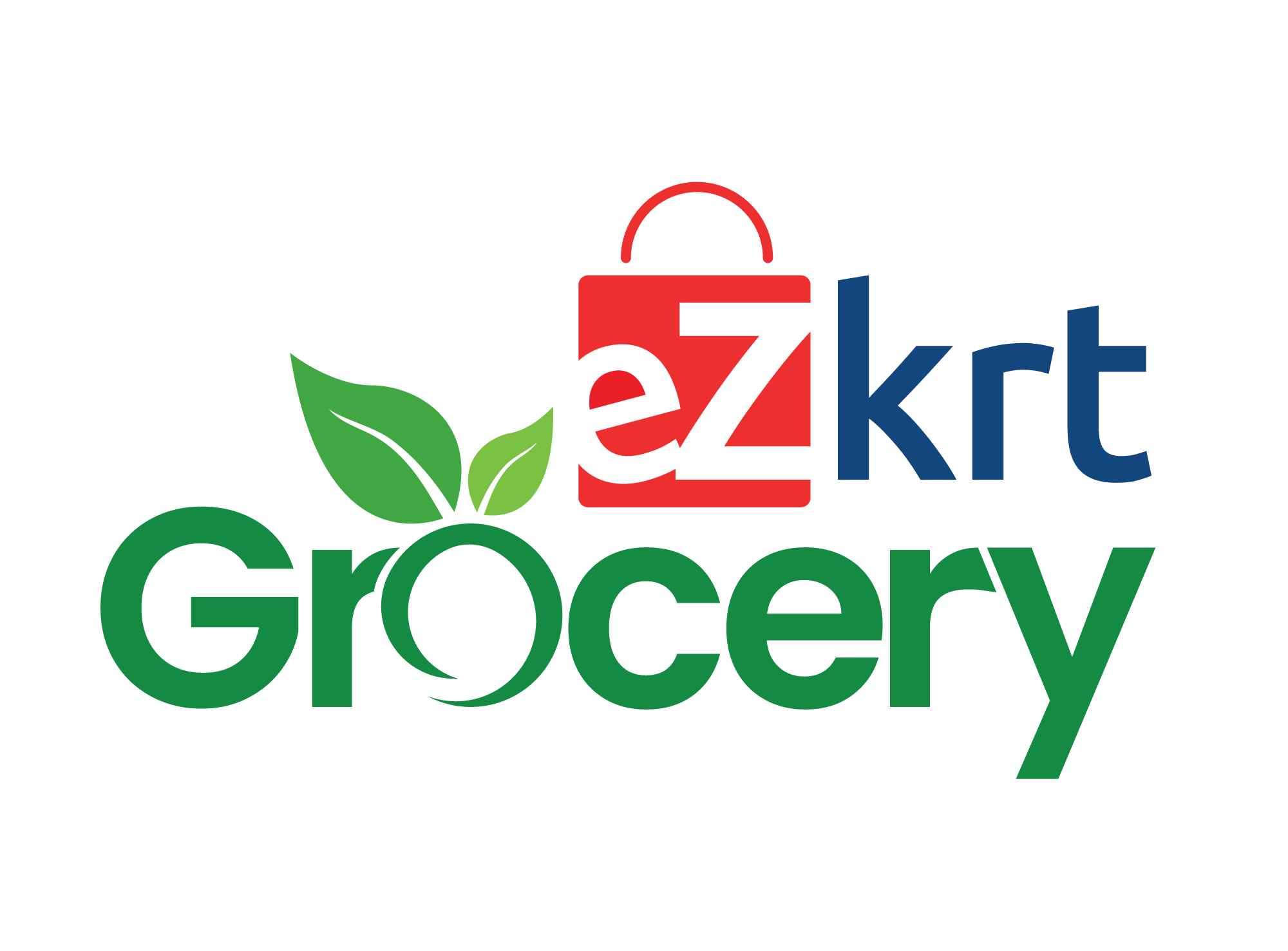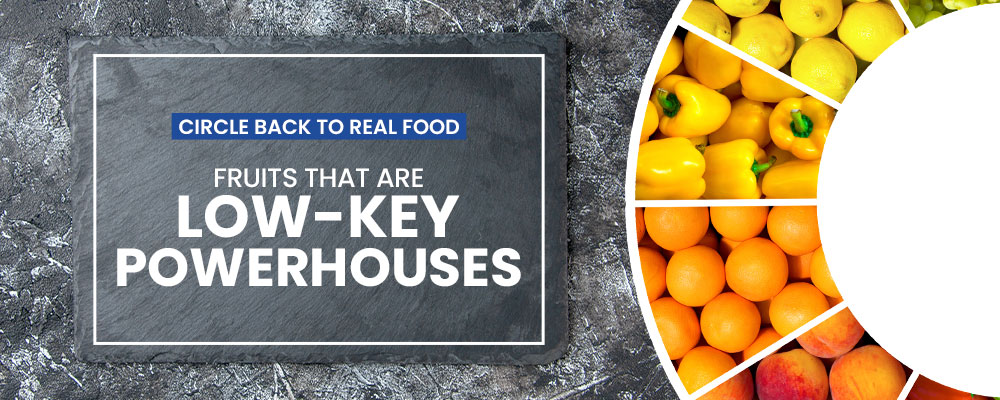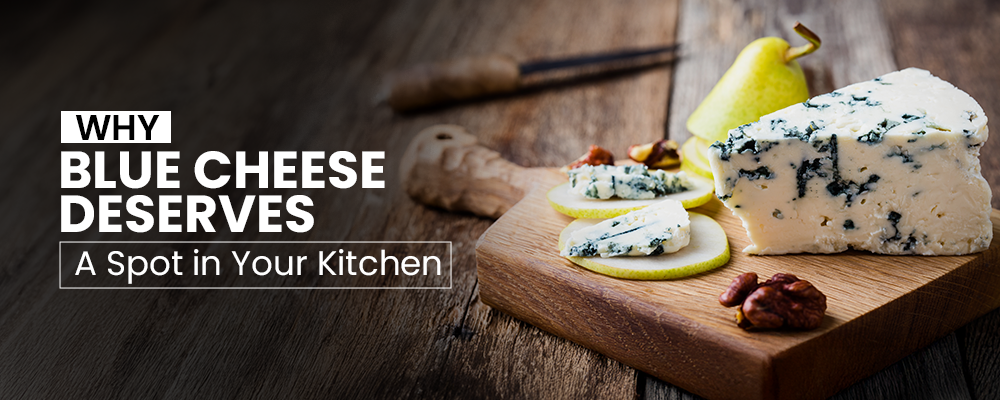Organic vs. Natural Foods: Understanding the Differences and Farming Practices

In an era of growing health consciousness and environmental awareness, terms like “organic” and “natural” dominate grocery shelves. While these labels may seem interchangeable, they represent distinct practices and standards. Understanding the difference between organic and natural foods, along with their farming methods and certifications, can help consumers make informed choices.
What Are Organic Foods?
Organic foods are produced under strict regulations defined by governmental and international bodies. These guidelines include:
- Avoiding synthetic pesticides, herbicides, and fertilizers.
- Prohibiting the use of genetically modified organisms (GMOs).
- Ensuring that livestock is raised on organic feed, free from antibiotics and growth hormones.
- Adhering to certification processes to verify compliance with organic standards.
Organic farming promotes sustainable practices, prioritizing soil health, biodiversity, and ecological balance. For example, farmers use crop rotation, composting, and natural pest management techniques to nurture the environment.
What Are Natural Foods?
Natural foods, on the other hand, are minimally processed and free from artificial additives such as colours, flavours, or preservatives. However, the term “natural” is not regulated in most countries, leaving its interpretation open to manufacturers. Unlike organic foods, natural products do not have a standardized certification process, which can make authenticity harder to verify.
Key Differences in Farming Practices.
Organic Farming
Organic farming emphasizes:
- Soil Health: Methods like green manure and reduced tillage enhance soil fertility.
- Pest Management: Relies on biological control, such as introducing natural predators, rather than chemical pesticides.
- Animal Welfare: Livestock is fed organic diets and provided outdoor access, ensuring humane treatment.
- Environmental Impact: Practices promote water conservation, biodiversity, and reduced greenhouse gas emissions.
Conventional Farming (Non-Organic)
Conventional farming, often associated with non-organic or natural products, prioritizes high yields using methods such as:
- Synthetic fertilizers and pesticides to boost productivity.
- Genetically modified crops to resist pests and diseases.
- Limited focus on long-term soil regeneration or biodiversity preservation.
Certifications: Organic vs. Natural
Organic Certifications
Organic foods undergo rigorous certification processes. Notable certifications include:
- USDA Organic (U.S.): Requires at least 95% organic ingredients.
- EU Organic Certification (Europe): Enforces strict rules on pesticide use, GMOs, and animal welfare.
- India Organic: Overseen by the National Program for Organic Production (NPOP), ensuring compliance with organic farming standards.
Natural Labels
Unlike organic products, “natural” labels are generally self-regulated by manufacturers. In many regions, there are no formal guidelines to validate claims, making it essential for consumers to scrutinize labels and ingredient lists carefully.
Health and Environmental Benefits
Organic Foods
- Richer in certain nutrients, such as antioxidants, vitamin C, and magnesium.
- Contain fewer pesticide residues compared to conventionally grown foods.
- Free from synthetic additives and GMOs, offering a cleaner option for consumers.
Natural Foods
While natural foods avoid artificial additives, they are not inherently healthier than organic or conventionally grown foods. The absence of regulatory standards often means less transparency about farming practices and ingredient sourcing.
Cost and Accessibility
Organic foods often come with a higher price tag due to labor-intensive farming methods and lower yields. Natural foods, lacking stringent regulations, tend to be more affordable but may not offer the same guarantees of sustainability or health benefits.
Making Informed Choices
Understanding the distinctions between organic and natural foods can empower consumers to align their purchases with their values, whether prioritizing health, environmental impact, or budget.
By demystifying these terms and their implications, consumers can take a step closer to making sustainable and health-conscious food choices.
Shopping Organic and Natural Foods Made Easy
Finding organic and natural food options is now simpler than ever, thanks to platforms to the likes of eZkrtGrocery.com in the UAE. Our all-in-one grocery hub offers a wide range of certified organic products, alongside natural and minimally processed options, all under one roof. Shoppers can explore a curated selection of fresh produce, pantry staples, and specialty items, all clearly labelled to ensure transparency. With convenient delivery options and competitive pricing, eZkrtGrocery.com provides a hassle-free way to make healthier and more sustainable food choices.





